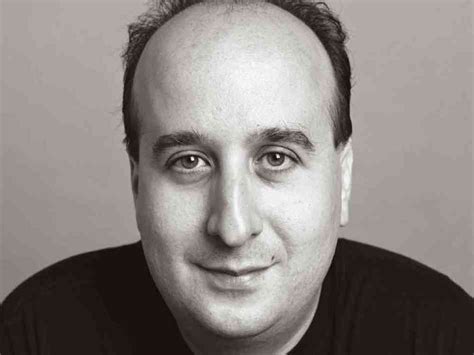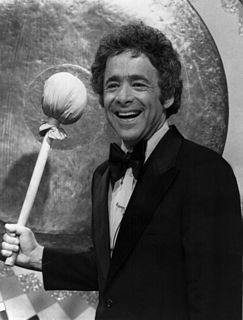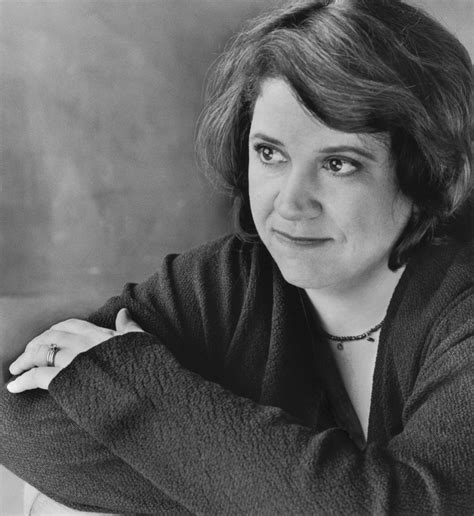A Quote by Adam Langer
... every writer I had ever known wrote his best work when he had his back up against the wall and thought he would never write another word.
Related Quotes
Now very much against her will, she thought of the way Jace had looked at her then, the blaze of faith in his eyes, his belief in her. He had always thought she was strong. He had showed it in everything he did, in every look and every touch. Simon had faith in her too, yet when he'd held her, it had been as if she were something fragile, something made of delicate glass. But Jace had held her with all the strength he had, never wondering if she could take it--he'd known she was as strong has he was.
Was his life nothing? Had he nothing to show, no work? He did not count his work, anyone could have done it. What had he known, but the long, marital embrace with his wife. Curious, that this was what his life amounted to! At any rate, it was something, it was eternal. He would say so to anybody, and be proud of it. He lay with his wife in his arms, and she was still his fulfillment, just the same as ever. And that was the be-all and the end-all. Yes, and he was proud of it.
The tree was so old, and stood there so alone, that his childish heart had been filled with compassion; if no one else on the farm gave it a thought, he would at least do his best to, even though he suspected that his child's words and child's deeds didn't make much difference. It had stood there before he was born, and would be standing there after he was dead, but perhaps, even so, it was pleased that he stroked its bark every time he passed, and sometimes, when he was sure he wasn't observed, even pressed his cheek against it.
I always thought old age would be a writer’s best chance. Whenever I read the late work of Goethe or W. B. Yeats I had the impertinence to identify with it. Now, my memory’s gone, all the old fluency’s disappeared. I don’t write a single sentence without saying to myself, ‘It’s a lie!’ So I know I was right. It’s the best chance I’ve ever had.
I never have [suffered writer’s block], although I’ve had books that didn’t work out. I had to stop writing them. I just abandoned them. It was depressing, but it wasn’t the end of the world. When it really isn’t working, and you’ve been bashing yourself against the wall, it’s kind of a relief. I mean, sometimes you bash yourself against the wall and you get through it. But sometimes the wall is just a wall. There’s nothing to be done but go somewhere else.
No one can write a best-seller by taking thought. The slightest touch of insincerity blurs its appeal. The writer who keeps his tongue in his cheek, who knows that he is writing for fools and that, therefore, he had better write like a fool, makes a respectable living out of serials and novelettes; but he will never make the vast, the blaring, half a million success. That comes of blended sincerity and vitality.
Leonard [Nimoy] was such a teacher for me. He was one of the most fully realized human beings I have ever known on every level - in his personal life with his personal relationships and his love for his wife and his evolution with his family. Then as an artist, as an actor, as a writer, as a poet, and as a photographer. He never stopped.
He was about to go home, about to return to the place where he had had a family. It was in Godric’s Hollow that, but for Voldemort, he would have grown up and spent every school holiday. He could have invited friends to his house. . . . He might even have had brothers and sisters. . . . It would have been his mother who had made his seventeenth birthday cake. The life he had lost had hardly ever seemed so real to him as at this moment, when he knew he was about to see the place where it had been taken from him.
She would be quiet at first. Then she would say a word about something small, something she had noticed, and then another word, and another, each one flung out like a little piece of sand, one from this direction, another form behind, more and more, until his looks, his character, his soul would have eroded away . . . I was afraid that some unseen speck of truth would fly into my eye, blur what I was seeing and transform him from the divine man I thought he was into someone quite mundane, mortally wounded with tiresome habits and irritating imperfections.
I went out and started on my way up in television. I wrote music, I wrote books, I played an instrument half-ass. I would always have liked to play in a band. I would always have liked to be a substantial writer, to write country music for big singers. I had all sorts of proclivities, but I never had any big success.
You never hear Jesus say in Pilate's judgement hall one word that would let you imagine that He was sorry that He had undertaken so costly a sacrifice for us. When His hands are pierced, when He is parched with fever, His tongue dried up like a shard of pottery, when His whole body is dissolved into the dust of death, you never hear a groan or a shriek that looks like Jesus is going back on His commitment.
































